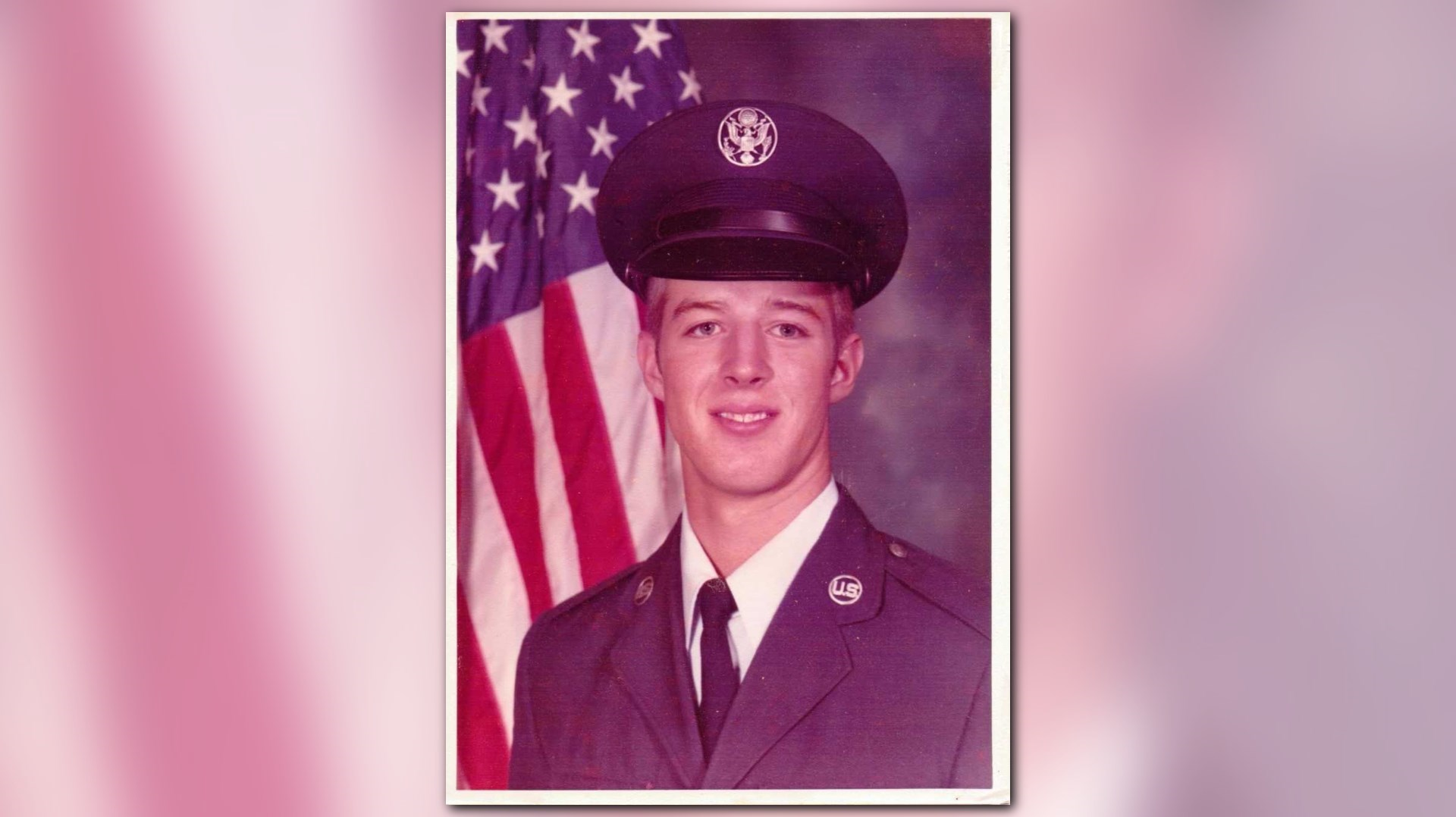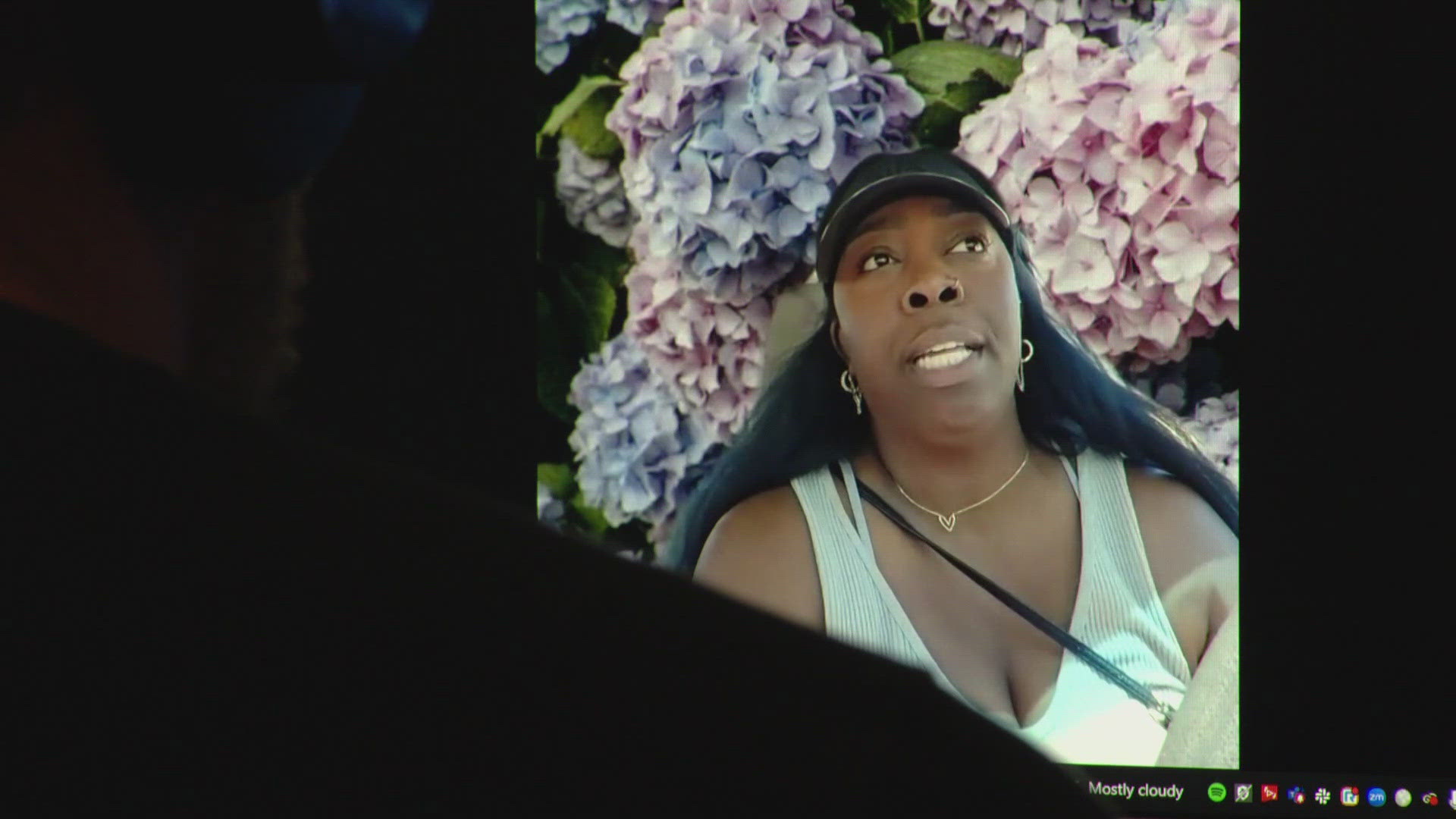Mistakes, miscommunication and mismanagement within the Department of Veterans Affairs have repeatedly delayed one Colorado veteran from getting a life-saving lung transplant, 9Wants to Know has learned.
“I can’t help but think that something is going on that shouldn’t be going on,” said Jim Thayer of Las Animas.
Letters obtained by 9NEWS provide some insight into delays in care for Thayer, an air force veteran from 1979-1983, and the many pitfalls in a VA system that requires some veterans to travel hundreds of miles in order to receive a transplant - even if a civilian transplant center is in their home state.
Thayer has received treatment for his chronic obstructive pulmonary disease (COPD) at the Denver VA since April 2015. By the end of the year, his disease had progressed and was considered likely to “become fatal.”
But - he was told that he was not eligible for a lung transplant. That was the first mistake.
Thayer’s VA doctor in Denver had “confused Mr. Thayer with another case,” according to one letter from the Eastern Colorado VA Health Care System director Sallie A. Houser-Hanfelder to Sen. Cory Gardner.
“I was in real bad shape and they should have started the process for sending me for an evaluation for a lung transplant 4 months before,” Thayer said.
And as a veteran, he had limited options. The VA national transplant program has only 13 transplant centers - and just two of those provide lung transplants.
Those two are in Madison, Wisconsin and Seattle.
Thayer’s case was submitted to Seattle.
From there, he faced 1,500 miles of travel in one direction. In order to receive the transplant in Seattle, Thayer would need to move there, along with a caregiver. He would be forced to sell his house and leave his family behind.
“They’re uprooted from their homes, they’re uprooted from their jobs, they’re uprooted from their families,” Jaime McBride, a VA whistleblower told TEGNA media investigators. He’s the Program Manager for Solid Organ Transplants at the San Antonio, TX VA, and believes “thousands” have died due to the current VA transplant system.
“I've gone through every channel we can,” McBride said. “And the reason that I'm here speaking about it is because the problem has not been solved.”
A 2014 case study from the University of Pennsylvania shows that distance can negatively impact the care a veteran receives.
“Veterans that were more than 100 miles away from the closest transplant center are disadvantaged,” Dr. David Goldberg said. He was the lead researcher of the study. “They have less access to a life saving transplant - which directly correlates to a higher chance of dying.”
The VA has already sent Jim Thayer to the Seattle transplant clinic twice.
Both times, he returned home thinking he was on the waiting list, not knowing that his transplant listing was “deferred” and that, later, he had been denied a lung.
“I just don’t think this traveling back and forth is working, they need to do it at a local hospital,” Thayer said.
That’s one reason he reached out to Sen. Gardner, who has reached out to the VA on his behalf. Press secretary for Sen. Gardner, Casey Contres, said in a statement:
Ensuring that Colorado’s veterans have the quality care they need and deserve is a top priority for Senator Gardner, and he will continue to work to assist Mr. Thayer. Our office has made inquiries in the past to the VA on behalf of Mr. Thayer about his candidacy for a lung transplant, and we are working with him to make certain that he is getting all of the information and support he needs from the VA for any next steps in receiving a lung transplant. Senator Gardner is also exploring additional legislative options for challenges that veterans like Mr. Thayer may face with the VA’s organ transplant process.
Rep. Mike Coffman also said that he thinks veterans should receive more accessible treatment.
“It’s better for the taxpayers it’s much better for the patients to receive their care, within their respective states, within their respective communities,” Coffman said.
The VA says that the current transplant system helps manage costs, but it’s unclear to what extent.
One estimate from a local charter plane company showed that a medical charter flight from Pueblo, near Thayer’s home in Las Animas, to Seattle could cost $18,000 one way. TEGNA investigators are awaiting records that detail the amount the VA spends to fly veterans across the country for transplants.
The VA also denies that distance increases the risk of death.
“I can tell you that the risks imposed by distance did not translate to a risk of death,” said Dr. William Gunnar, the VA Director of Surgery, in an interview with TEGNA Media investigators. He did admit that most veterans do have to travel.
But a seemingly simple solution to this problem does exist. McBride, the whistleblower, suggests the VA should contract with local hospitals to save money and lives.
And sometimes, the VA does do just that.
David Brayton, of California, also needs a lung transplant, but wasn’t able to move to Seattle.
“We have a 16-year-old son and I have a business I am going to run,” Courtney Brayton, David’s wife said. In their case, the VA did create a contract with UCLA so her husband could be treated closer to home.
“We love the doctors, but the VA system needs to change,” Courtney Brayton said. She launched a Facebook page and utilized social media to put pressure on the VA to help her husband.
“It’s insane and so many people went to bat for us to help raise the awareness,” she said. “Public pressure made them do this.”
And yet, Jim Thayer has been invited back to Seattle for a third time. He’s expected in early September.
A spokesperson from the VA sent the following statement to 9NEWS via email:
VA transplant experts are reviewing this Veteran’s case and are working toward re-evaluating his condition in September. Additionally, VA has assigned a team of specialized providers to treat and monitor Mr. Thayer’s condition, and they are in regular communication with him regarding his care. They remain available to assist and support him with the process for transplant consideration.
“I don’t feel like going out to Seattle anymore, I don’t trust ‘em,” Thayer said. “They’re just gonna let me die, and a lot of other veterans. I’m not the only one.”
For tips on this or any other story, contact Katie Wilcox: katie.wilcox@9news.com or 303-871-1725.


